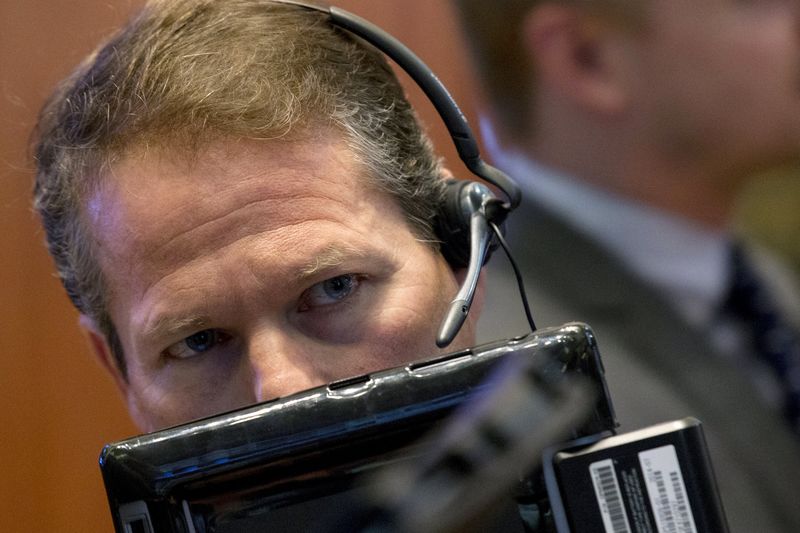Quiver Quantitative - The Argentine political landscape has been set ablaze by President-elect Javier Milei's abrupt shift away from his campaign's most radical economic advisors, signaling a surprising alignment with figures associated with former President Mauricio Macri. Wall Street has taken note, responding with palpable optimism as Milei sidesteps controversial proposals like dollarization and the dissolution of the central bank, which he once declared "non-negotiable." This unexpected moderation has seen key figures such as Emilio Ocampo and Carlos Rodriguez, staunch advocates of Milei's hardline stances, replaced by Luis Caputo and Demian Reidel—both with Wall Street credentials and ties to Macri's administration.
Investors are riding a wave of relief as Milei's economic team, now peppered with familiar faces from Macri's tenure, takes a more centrist approach. The markets reacted positively, with a notable rise in Argentine dollar bonds reflecting investor confidence in Milei's tempered stance. This pivot not only soothes market anxieties but also hints at a broader coalition-building strategy, one that may even extend to security policies with the potential appointment of Macri's ally Patricia Bullrich. These developments suggest Milei's governance may echo Macri's pragmatism, emphasizing continuity over upheaval.
Yet, despite these overtures toward moderation, Milei's camp has reiterated their commitment to their original, more extreme economic pledges, particularly regarding the closure of Argentina's central bank. Such statements, issued amid swirling rumors, underscore the tension between Milei's campaign trail rhetoric and the practicalities of governing. With key economic positions yet to be officially announced, the president-elect's true policy direction remains a matter of speculation and intrigue.
The broader implications of Milei's volte-face on foreign policy are equally significant. After initially taking a hard line against China and Brazil, Milei's post-election discourse has softened considerably, with conciliatory gestures toward both nations and even an acknowledgment of Pope Francis, despite previous criticisms. This recalibration signals a potential for a more balanced and diplomatic approach to international relations, crucial for navigating Argentina's complex geopolitical landscape.
This article was originally published on Quiver Quantitative
